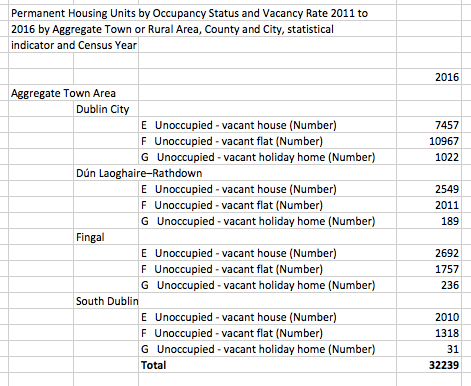RP Eddy pointed me at this article about emotional intelligence not always being a good thing. It made me think about Donald Trump. The interesting thing about America’s forty-fifth president is that he has proven to have an awareness of and insight into the emotional life of American voters that others (certainly not the Clinton campaign) simply do not possess.
But his big weakness is also that he is so emotionally sensitive. Look at his demeanour at the press event with Angela Merkel. Did the usually sober Frau Dr Merkel hide in a cupboard and shout ‘boo’ at him, or make ‘comrade’ jokes? Something had deeply upset him. The same week, Enda Kenny, the Irish prime minister called out Trump’s immigration policies to his face (though in a nice friendly way) and he wasn’t fazed at all.
This week, the Telegraph reports that “According to US officials Mr Trump acted from his gut after seeing horrific pictures of child victims in Idlib.” And further: “The signal was unmistakable – if he finds something unacceptable, anywhere in the world, he will not hesitate to use force.”
No one doubts the horrors in Syria. But if you are putting America First, and American interests are not directly at stake, then why get involved? It is an emotional decision, not a rational one. The signs are that the consequences have not really been thought through.

